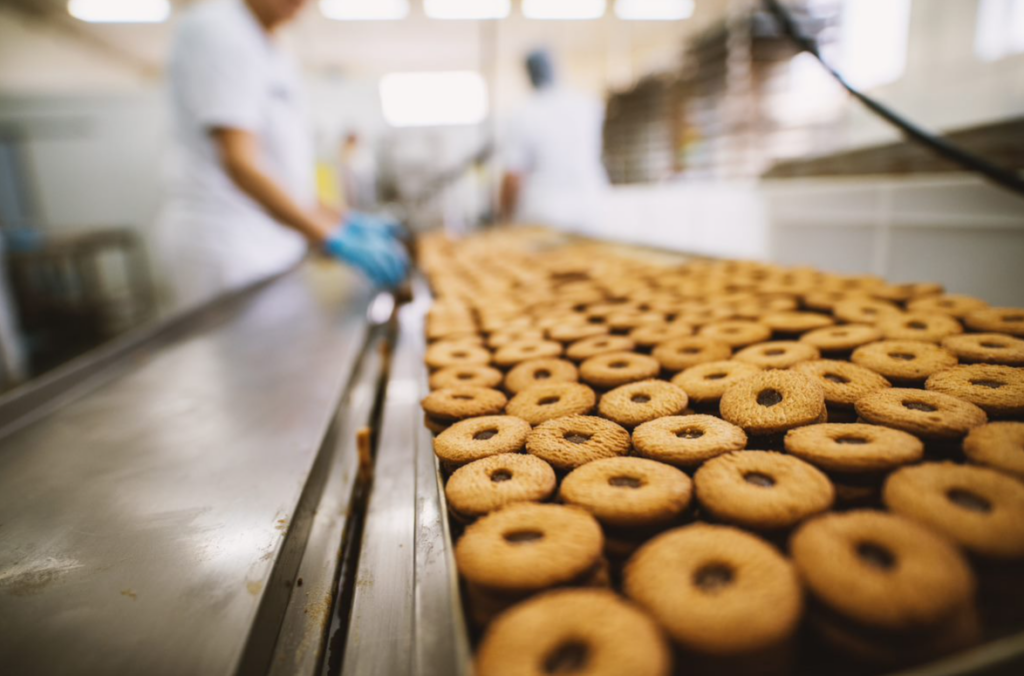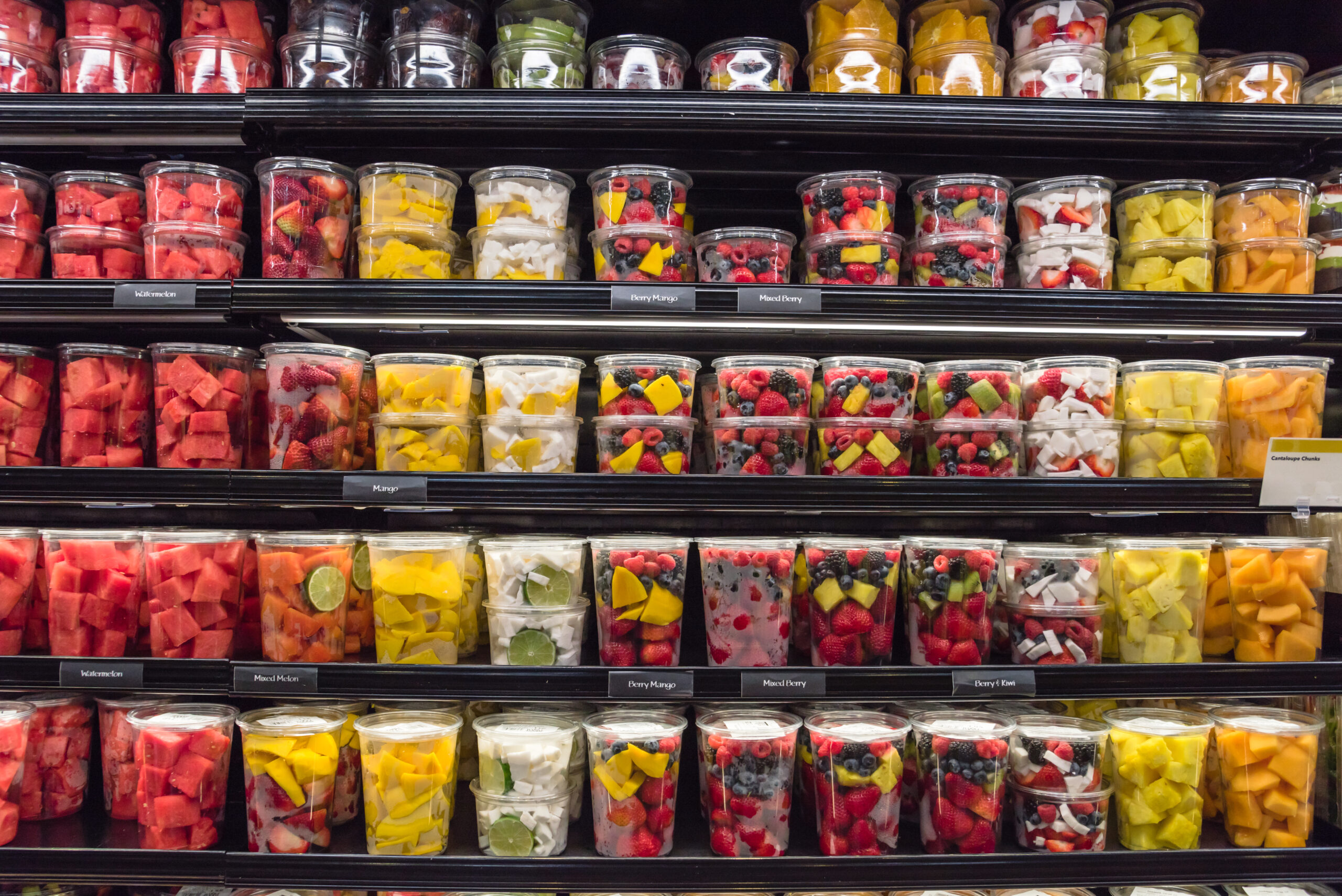To avoid a food recall, it is crucial to implement robust food safety practices and quality control measures throughout your food production, processing, and distribution processes. Here are some key steps to consider:
1. Good Manufacturing Practices (GMP): Adhere to established GMP guidelines to ensure proper hygiene, sanitation, and facility maintenance. This includes maintaining clean and well-maintained equipment, training employees on proper handling procedures, and implementing effective pest control measures.
2. Hazard Analysis Critical Control Points (HACCP): Implement a HACCP system to identify and control potential hazards throughout the food production process. Conduct a thorough hazard analysis, establish critical control points, set up monitoring procedures, and maintain accurate records to ensure food safety.
3. Supplier Control: Establish strict supplier approval and monitoring processes. Conduct regular audits and assessments of your suppliers to ensure they meet your quality and safety requirements. Verify that your suppliers have their own robust quality control systems in place.
4. Allergen Management: Implement robust procedures to prevent cross-contamination with allergens. Establish separate production lines, storage areas, and cleaning protocols for allergenic ingredients. Verify the accuracy of allergen labeling and conduct regular tests for allergen presence.
5. Quality Control Testing: Conduct regular quality control tests to monitor the safety and quality of your products. Test for microbiological contaminants, chemical residues, and other relevant parameters based on industry standards and regulations. Maintain records of all test results.
6. Employee Training: Provide comprehensive training to your employees on food safety practices, hygiene protocols, and quality control measures. Emphasize the importance of following standard operating procedures (SOPs) and maintaining a culture of food safety within the organization.
7. Traceability and Recall Readiness: Implement a robust traceability system to track ingredients, processing steps, and distribution. Maintain accurate records that enable you to trace the movement of products through the supply chain. Establish a recall plan and conduct mock recall exercises to ensure readiness in the event of a recall.
8. Regulatory Compliance: Stay up to date with local, regional, and international food safety regulations applicable to your products. Ensure compliance with labeling requirements, allowable ingredients, and maximum residue limits for contaminants.
9. Continuous Improvement: Regularly review and assess your processes to identify areas for improvement. Analyze consumer feedback, monitor industry trends, and stay informed about emerging risks and best practices in food safety.
By implementing these measures and maintaining a strong commitment to food safety and quality, you can significantly reduce the risk of a food recall and protect your brand reputation, in addition safeguarding the health and trust of consumers.
FoodChain ID is changing the way food companies meet and maintain regulatory compliance with innovative tools and expert-verified data. Our regulatory assessment tools optimize the research process, providing the data your regulatory and compliance teams need in a fraction of the time.
Our databases provide food safety regulations for over 220 countries and our team of subject matter experts are ready to help you with topics such as labelling, allergens, and claims. Stay up to date with local, regional, and international food safety regulations with FoodChain ID’s Regulatory Library and Regulatory Trends.
FoodChain ID’s Regulatory Library by Decernis is a global regulatory reference database, providing instant access to regulations to determine the compliance status of products and substances. Learn more.
FoodChain ID’s Regulatory Trends by Decernis uses big data analytics to provide global insight on future and potential compliance and market access requirements. Learn more.
FoodChain ID delivers high-level subject matter expertise for consulting based on business needs, budget and timelines. Learn more.










